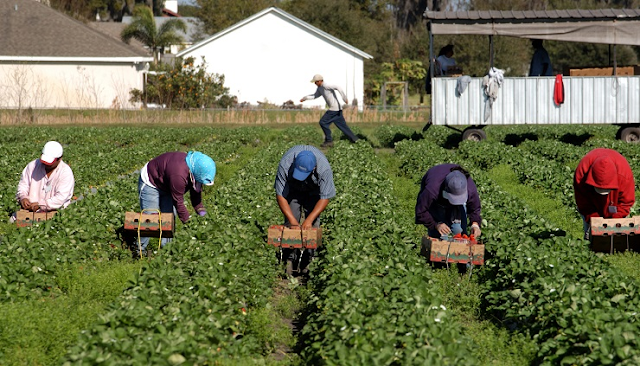Written by: Duncan B. on 16 February 2022
It looks like being another busy year in Australian agriculture.
Gina Rinehart has dropped from her position as Australia’s biggest landholder to number three on the list, following the sale of four stations totalling 3.26 billion hectares to an Australian-owned company Crown Point Pastoral. She has sold other stations totalling about 500,000 hectares to other Australian buyers, while other stations totalling another 555,000 hectares are still on the market.
There have been many other large property sales reported lately. Australian buyers have purchased many of them. There has been a recent trend to bundle up large numbers of properties into massive “aggregations.” The price asked for these has been well above the resources of ordinary Australian buyers, apart from companies, very wealthy individuals or organisations such as the Macquarie Bank.
Australian buyers have found a way to get a slice of the action. They are coming together to form “syndicates”, raising enough money to be able to bid on the large properties and have been successful in buying some of them.
Chinese companies have been selling off properties, including one in WA purchased by Andrew Forrest for $40 million. The Canadian superannuation fund PSP has been both selling and buying rural properties in Australia.
Workers in agriculture and agribusiness are coming under attack in 2022. Canadian-owned dairy processor Saputo has announced that it plans to cut back operations at its plant at Maffra (Vic) with a loss of 18 jobs. Saputo also plan to cut back operations at its plant at Cobram (Vic) with the loss of a further 26 jobs.
There has been a lot in the news lately about the plight of workers from Pacific Island countries brought to work on farms in Australia under the Seasonal Worker Programme. Some of the workers gave evidence at a Senate Select Committee on Job Security, alleging appalling living conditions, wage underpayments and health risks. Workers are employed by labour hire firms and hired out to horticultural farms. The hire firms and farms involved naturally deny the workers’ claims. The Samoan Government is considering suspending its participation in the scheme. They are seeking a full review of the programme and may suspend sending more workers to Australia.
A Victorian labour hire company recently had its licence cancelled by the Labour Hire Authority when it discovered that a man convicted of drug and other criminal offences had become a director of that company. He had previously been refused a labour hire licence in Victoria.
Agricultural workers, whatever country they are from, must unite to fight attacks on their jobs and rights whether the attacks come from multinational agribusiness, dodgy labour hire companies or unscrupulous farmers.


No comments:
Post a Comment